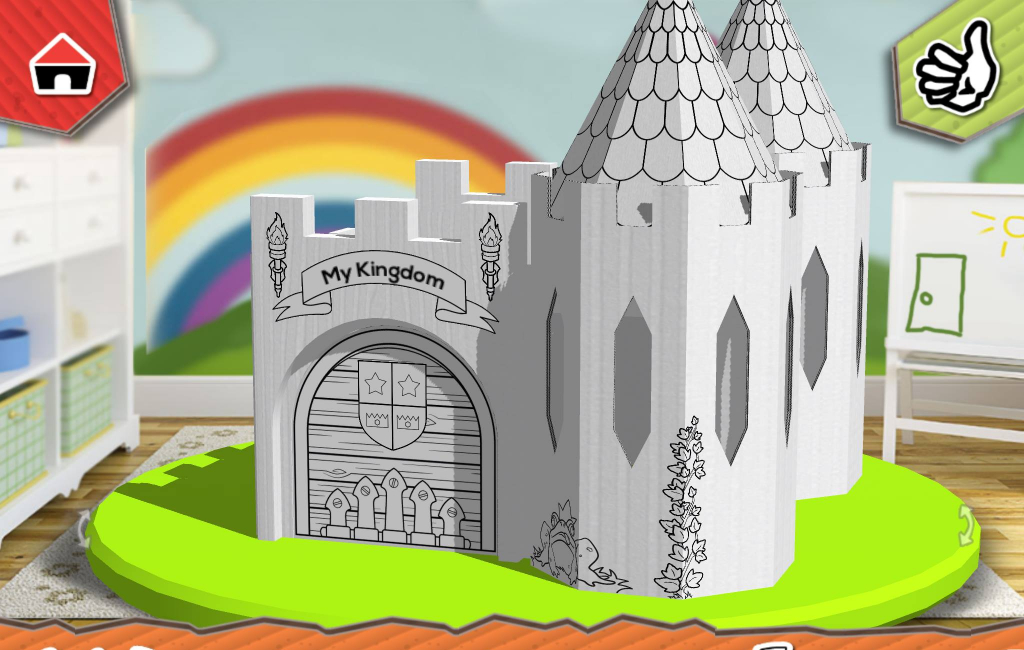Getaway – Rent a Tiny House In The Woods
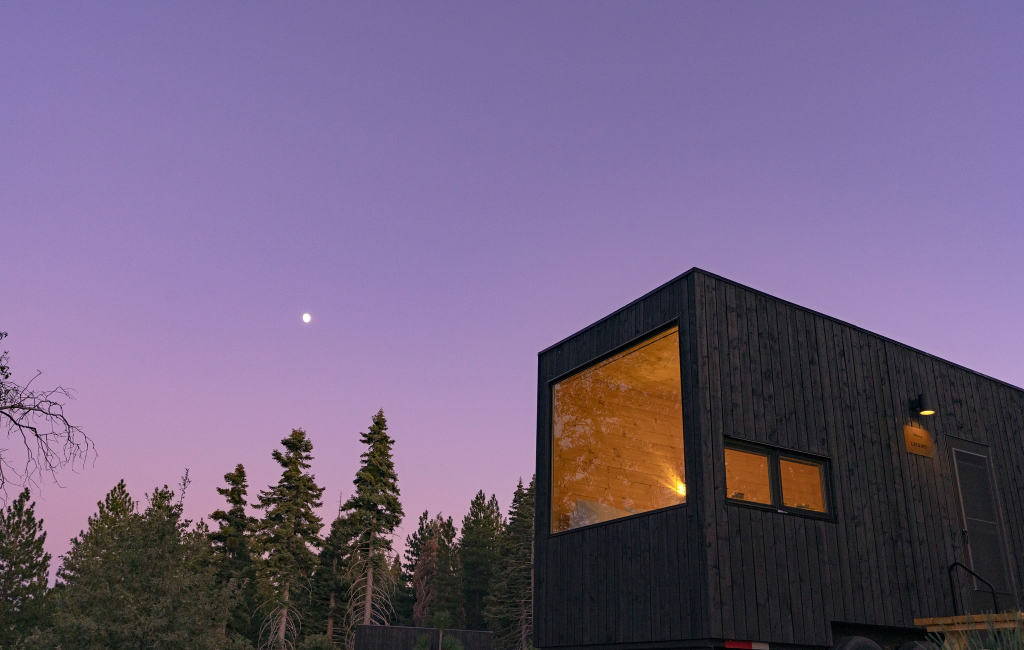
NO DEAL
EPISODE SUMMARY
🕓 Air Date: January 27, 2017
Asking For:
$500,000 for 5%
Investor:
No Deal
Deal:
No Deal
PRODUCT SUMMARY
Getaway offers a unique escape for hardworking Americans, providing tiny houses in serene woods for a quick, affordable getaway to disconnect and recharge.
WATCH HERE
IN A RUSH?
Click these to jump to the section you want to read.
Background Story
In the picturesque Catskills of Upstate New York, John Staff and Pete Davis, the masterminds behind Getaway, found inspiration for their venture. The duo’s journey began in college, where they both transitioned from small-town life to the bustling city. Faced with the pervasive impact of technology on society, they recognized a growing desperation for an escape. It was amidst the natural beauty of the great outdoors that they discovered the perfect remedy — a tiny house in the woods.
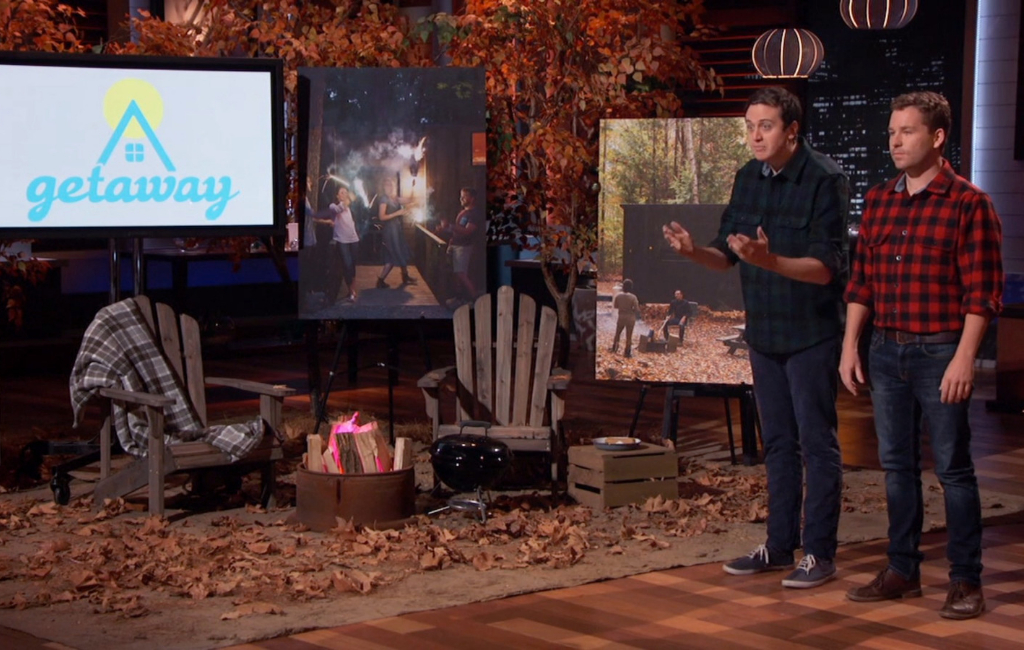
United by a shared vision, John and Pete conceptualized Getaway to provide a haven for those yearning to disconnect and recharge. Their belief in the therapeutic power of nature fueled the creation of a unique solution — tiny houses that offered all the comforts of home, but in a shrunken, tranquil form. The idea was simple yet profound: create an accessible escape hatch for individuals overwhelmed by the demands of modern life.
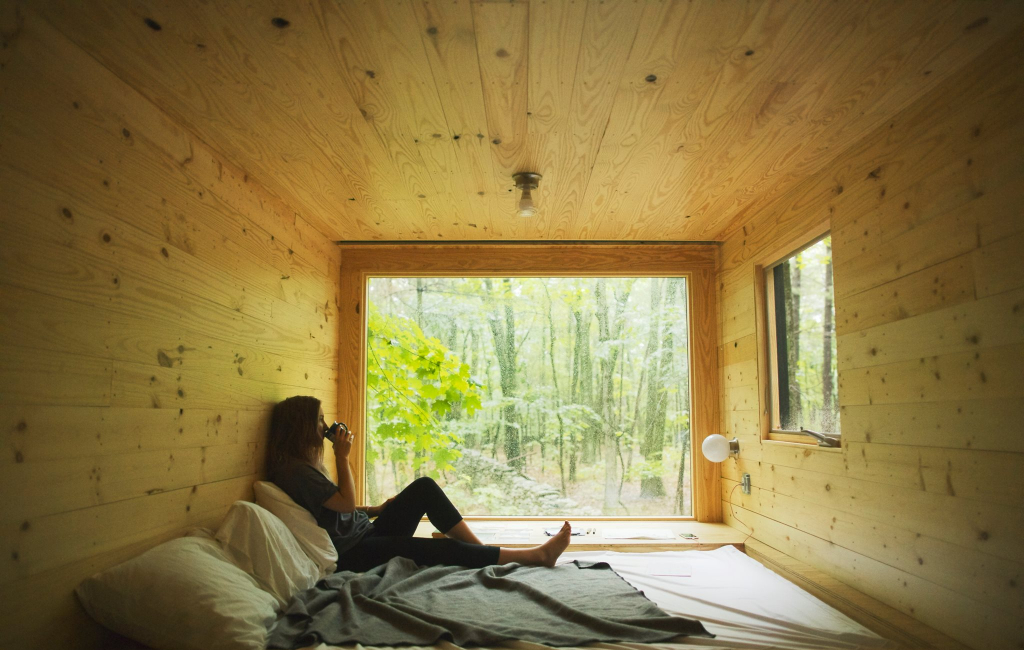
Getaway wasn’t just a business venture for John and Pete; it was a mission to impact lives positively. Their pitch on “Shark Tank” echoed this sentiment, emphasizing the importance of finding balance and providing a means for as many people as possible to rejuvenate amidst nature’s embrace. Rooted in their own experiences and the desire to share the transformative power of nature, the founders embarked on a journey to elevate Getaway from a cool idea to a national phenomenon.
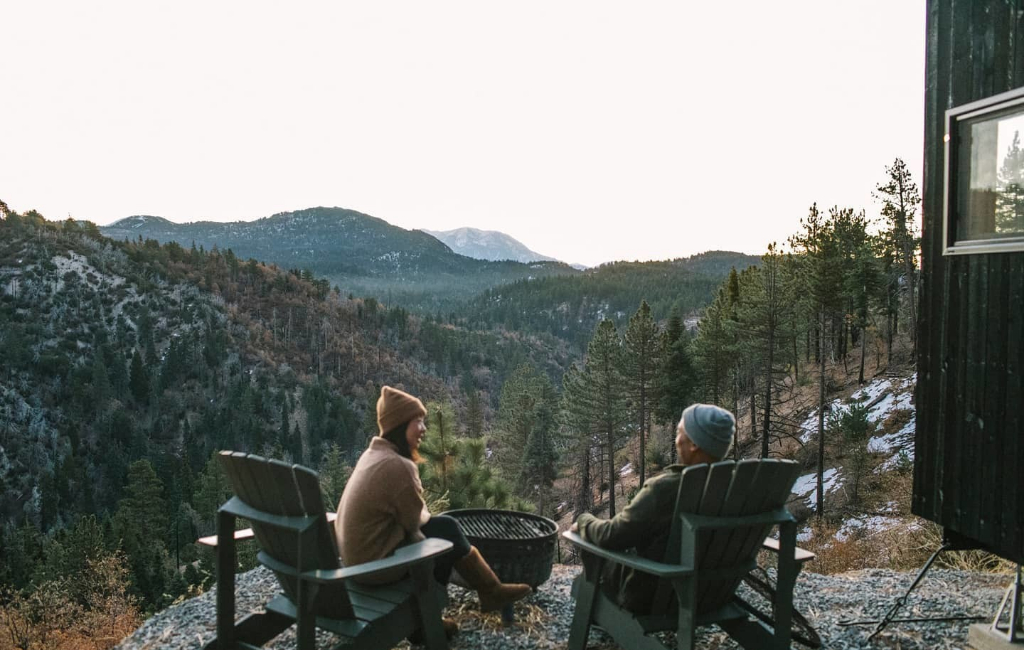
The Product
Getaway’s offering is a novel and immersive escape from the daily grind — a retreat to tiny houses nestled in serene woods. Priced at $99 per night, the process is seamless. Customers visit the Getaway website, where they can peruse various tiny house designs. Upon selection, they receive a key code and a map guiding them to their personal sanctuary in the woods.
These tiny houses, costing $30,000 each to construct, are fully equipped with the essentials for a comfortable stay. Complete with windows, doors, a cooktop, bathroom, and shower, the houses deliver all the conveniences of a regular home but on a smaller scale. The experience is designed for simplicity and ease.
The beauty of Getaway lies in its ability to provide a quick escape. Picture a stressful day at work — the solution? Visit the website, choose a tiny house design, receive the key code, and within hours, find yourself surrounded by the tranquility of nature. With the cellphone locked away, guests can fully disconnect, unwind by the campfire, roast marshmallows, and enjoy a break from the demands of urban life. Getaway is not just a product; it’s an accessible and affordable means to rediscover peace and balance in the great outdoors.

How It Went
The company’s position before Shark Tank
Getaway has exhibited robust performance and strategic positioning in the market. With a current valuation of $7 million, the company successfully raised $1.2 million in seed capital, reflecting investor confidence in its innovative concept. The founders, John Staff and Pete Davis, showcased a clear vision during their appearance on “Shark Tank,” emphasizing a transition from a cool idea to a national phenomenon.
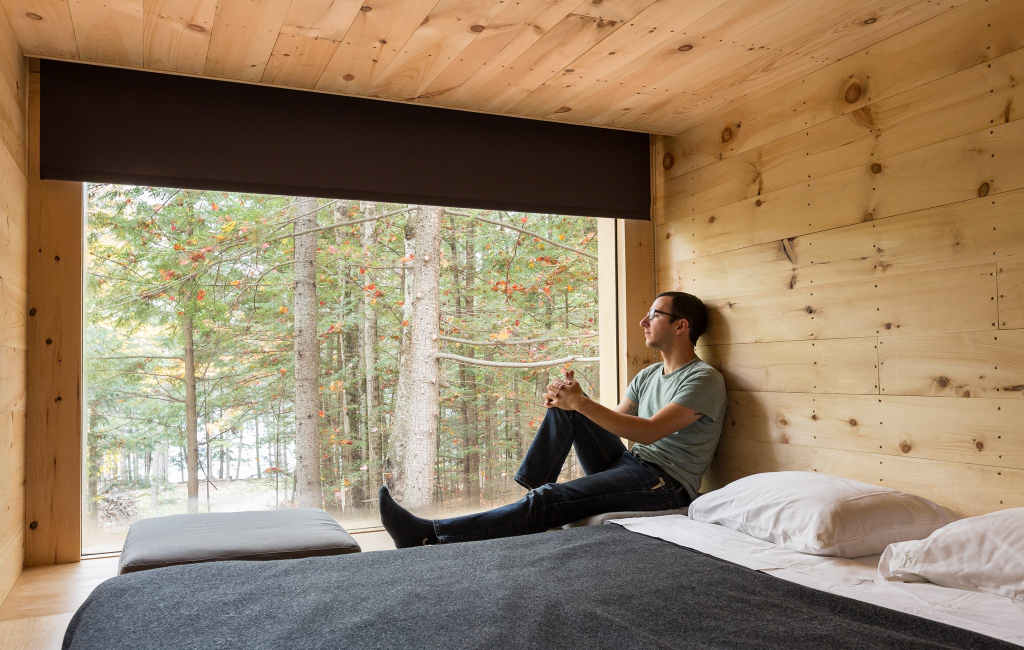
The founders did mention a site manager close by to ensure the safety of guests, indicating a structured approach to customer well-being. The company’s customer base, primarily hardworking Americans seeking a quick and affordable escape, has contributed to nearly 100% occupancy across their existing 10 cabins. Getaway’s pricing model of $99 per night has proven successful, offering a competitive edge against traditional lodging options. The company aims to make the instant cabin concept available nationwide, expanding from its current presence in New York and Boston.
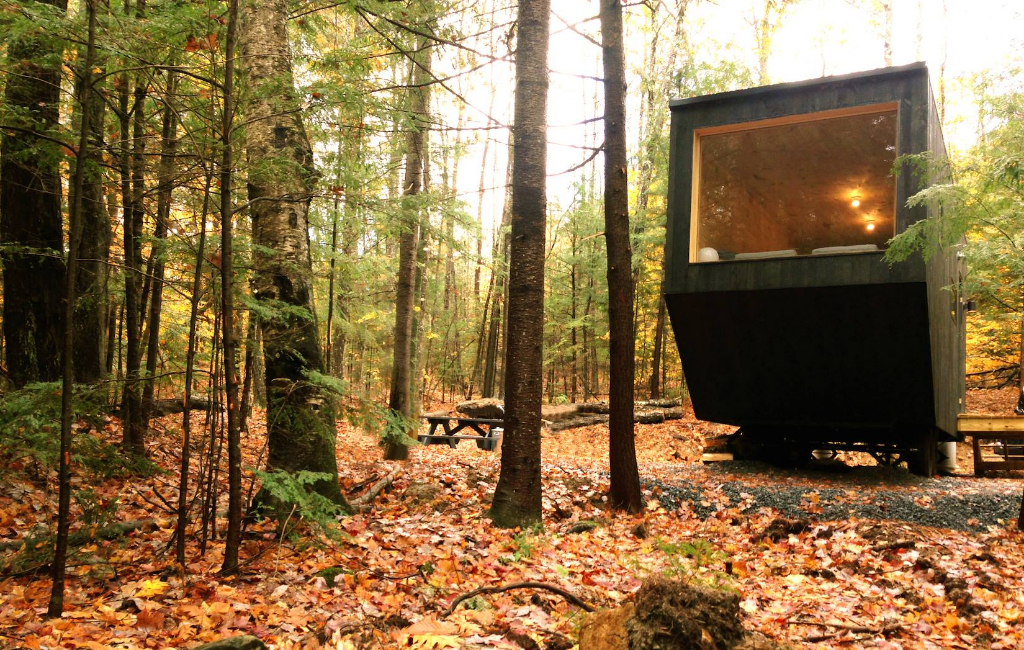
Funding sources include the $1.2 million in seed capital, and ongoing fundraising efforts with venture capitalists at a proposed $12- to $15 million pre-money valuation. The founders projected revenue of almost $300,000 for the current year with a 60% margin, showcasing the company’s sound financial footing. The plan to reach $2.1 million in the following year highlights ambitious yet achievable growth targets. In summary, Getaway presents a promising business model, strong investor backing, and a clear roadmap for expansion, positioning itself as a key player in the niche market of accessible and nature-centric retreats.
The Negotiations:
The negotiation process for Getaway on “Shark Tank” involved a series of offers and counteroffers that ultimately led to the founders walking away without a deal. The initial ask was $500,000 for 5% equity, valuing the company at $10 million. Kevin O’Leary proposed a $500,000 loan at 11% interest for 2.5% equity, a deal the founders declined. Chris Sacca, recognizing the company’s potential, offered $500,000 at the existing $7 million valuation, seeking 7% equity. The founders, however, maintained loyalty to their existing investors and declined Sacca’s offer.
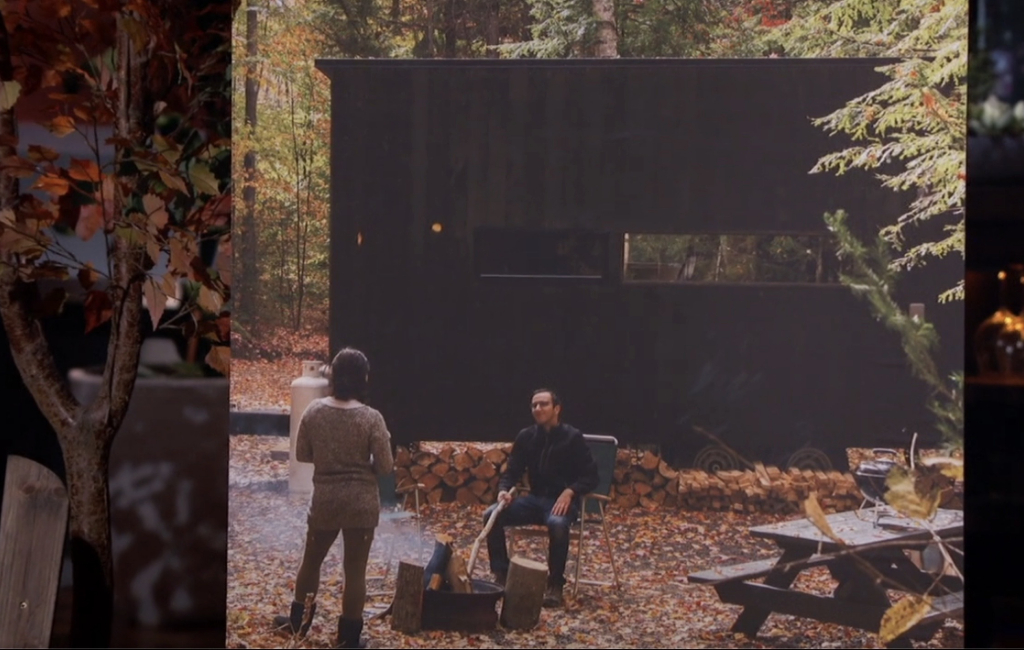
Mark Cuban expressed concerns about the scalability of the business, citing heavy capital investment and potential dilution. He foresaw ongoing challenges in raising funds for continuous expansion and declined to invest. Lori Greiner, due to personal preferences and reservations about the market scale, also opted out. With O’Leary, Cuban, and Greiner out, the founders found themselves in a pivotal moment.
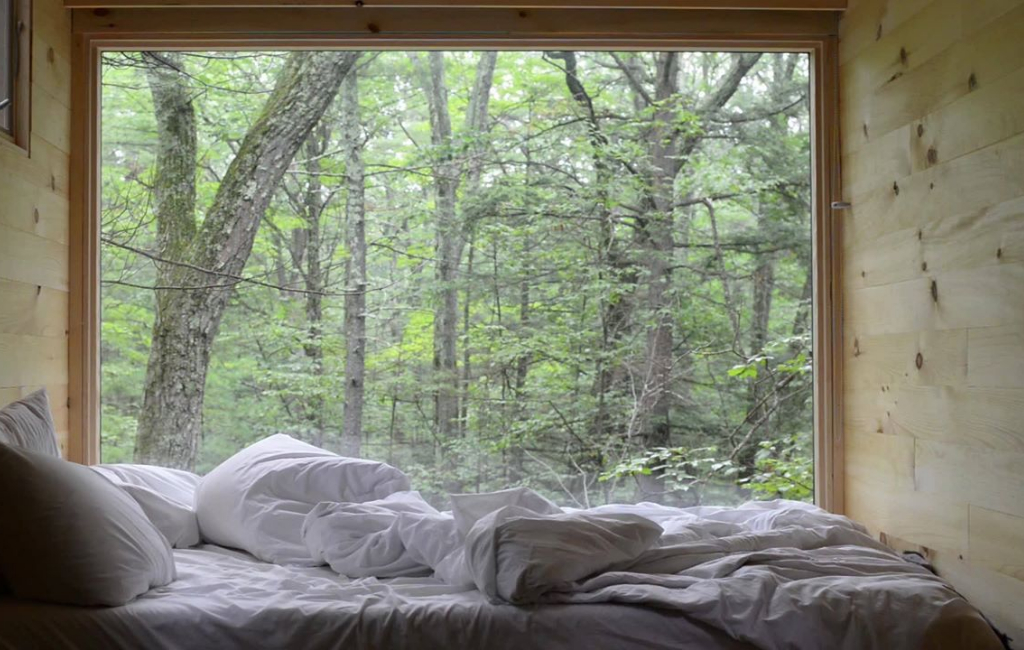
O’Leary, sensing an opportunity, presented a final offer: a $500,000 loan at 11% interest for 2.5% equity. However, the founders hesitated, and Chris Sacca, feeling the pressure, jumped back in with a similar offer to O’Leary’s original proposal. The founders ultimately rejected both offers, highlighting their commitment to higher valuations in ongoing fundraising efforts. The negotiation showcased the founders’ resolve, loyalty to existing investors, and a strategic vision for the company’s future, but it also revealed the challenges of aligning with the Sharks on valuation terms.







